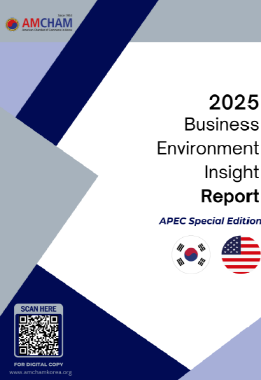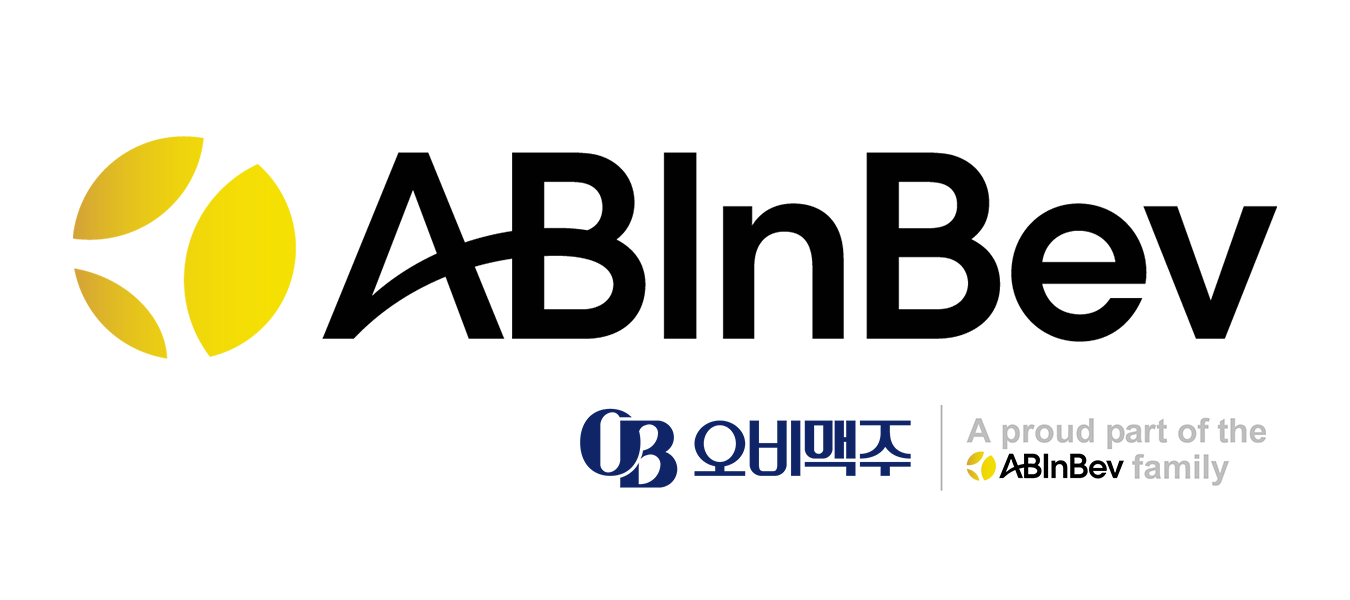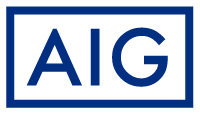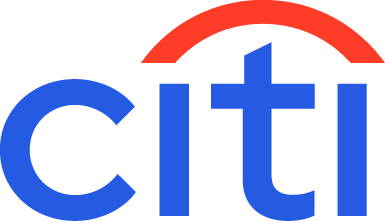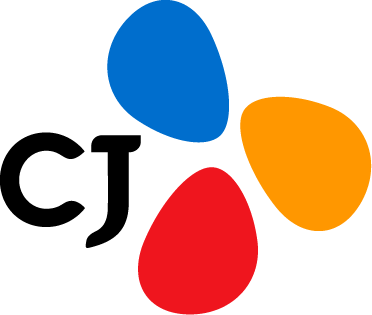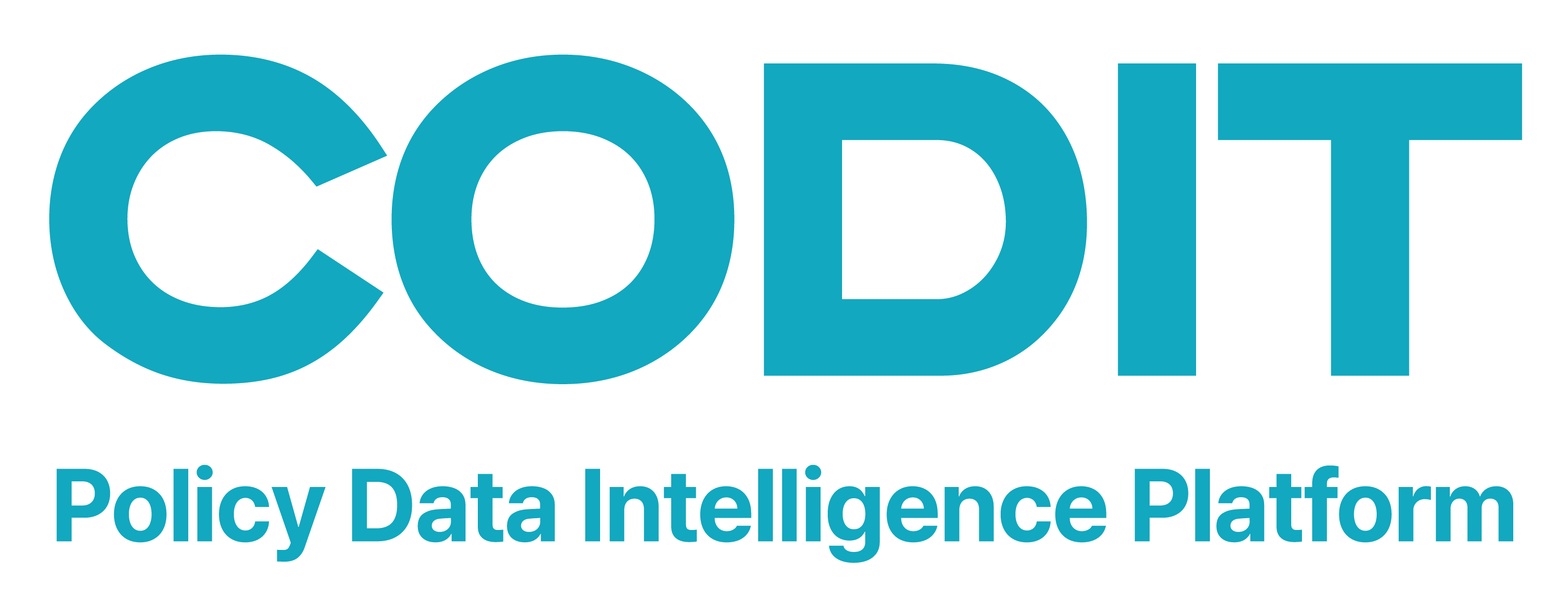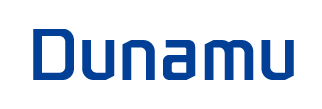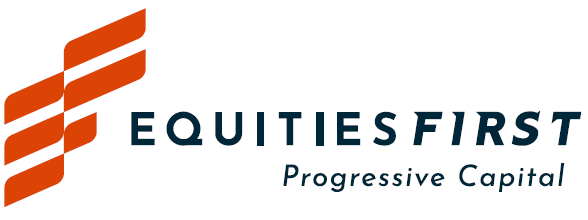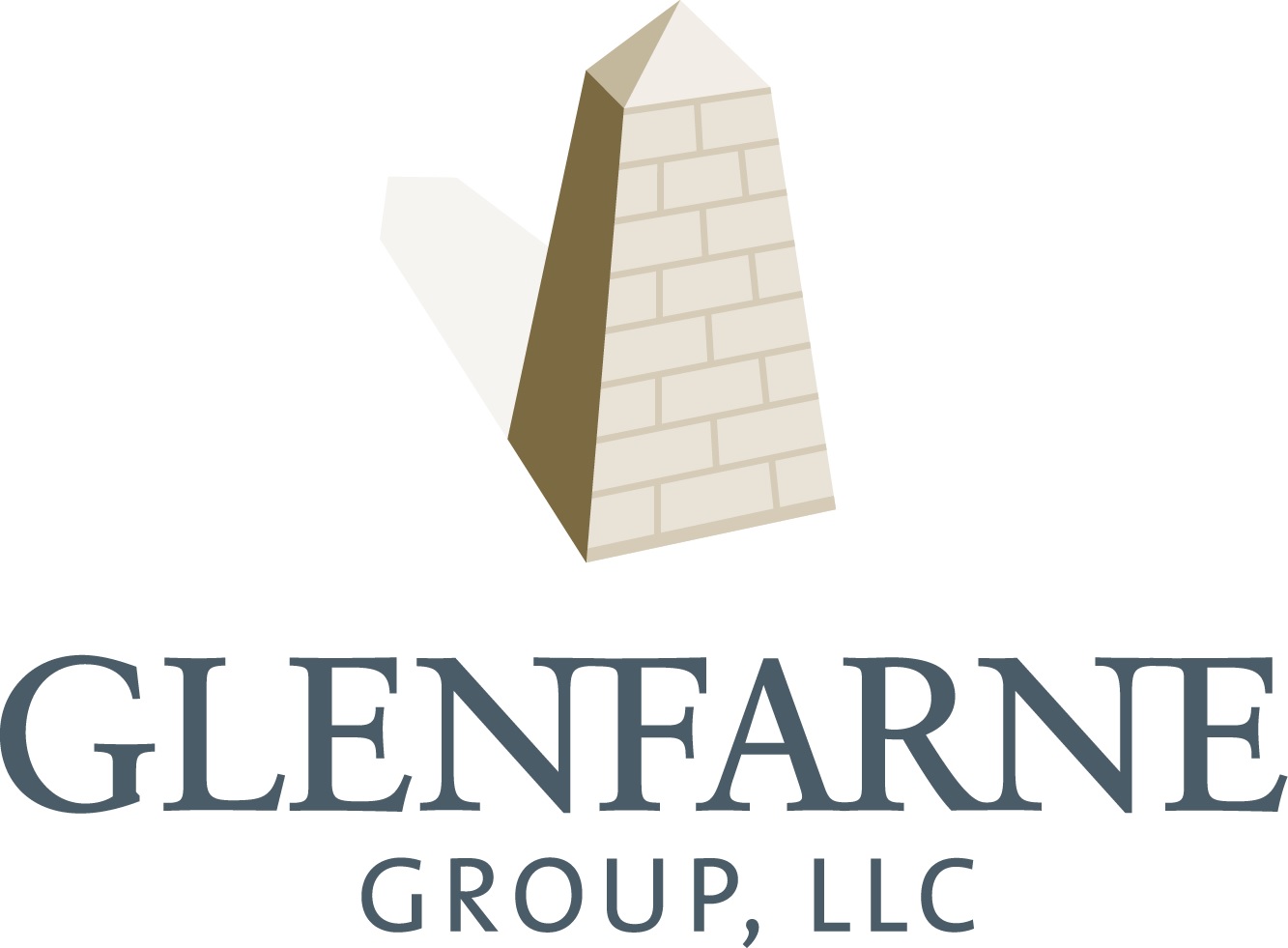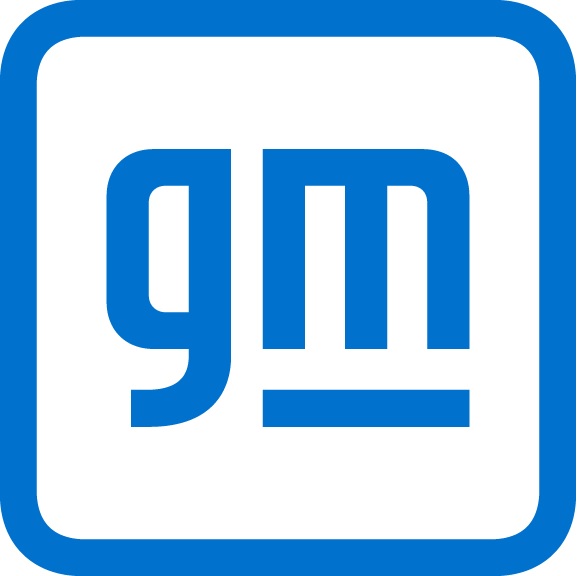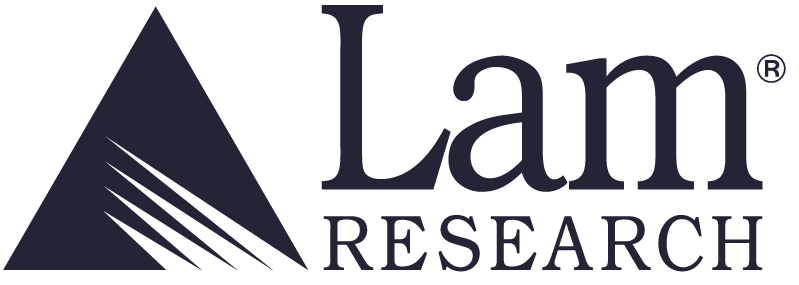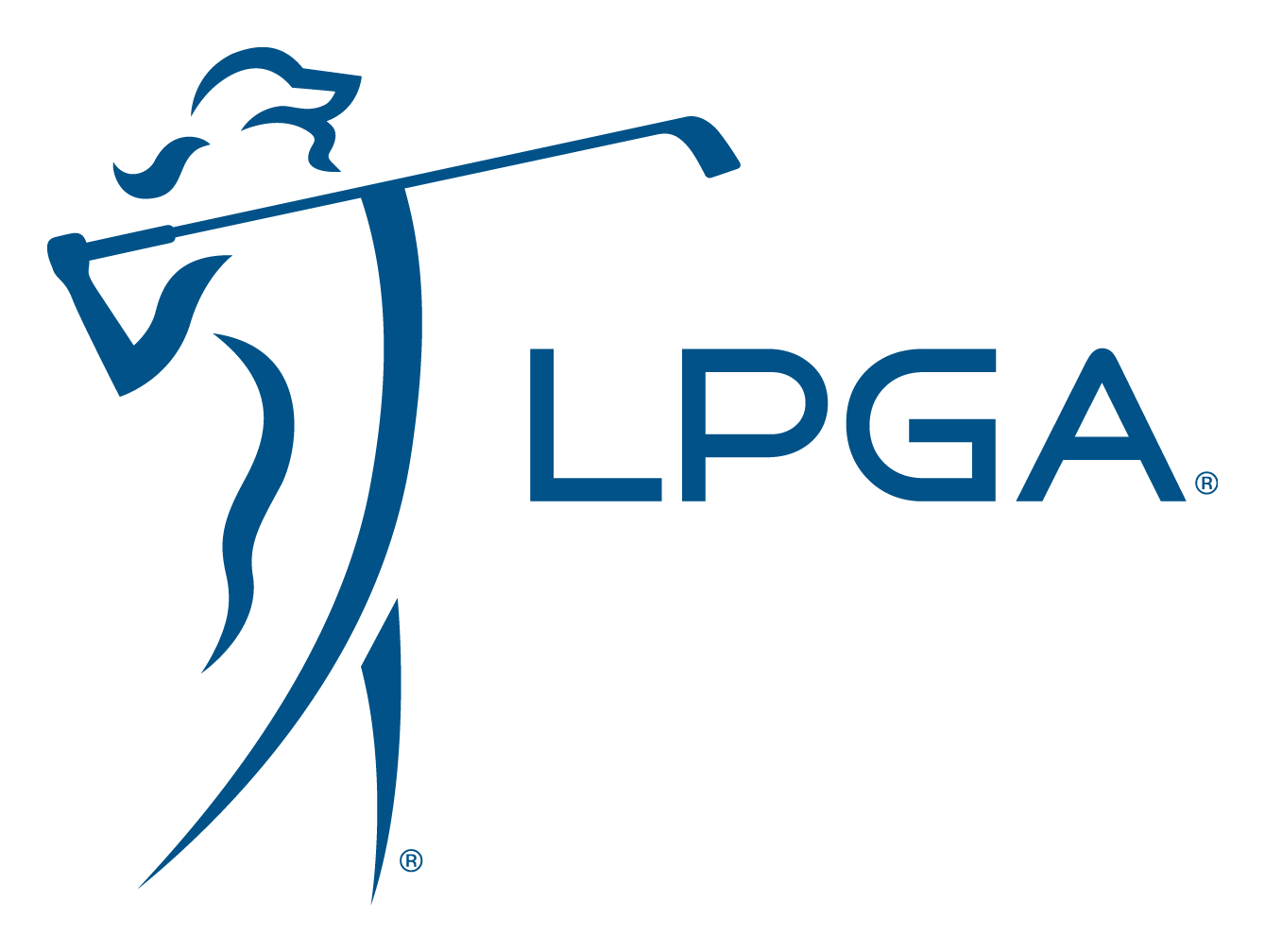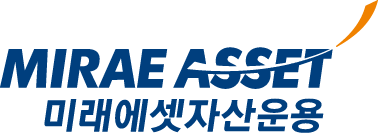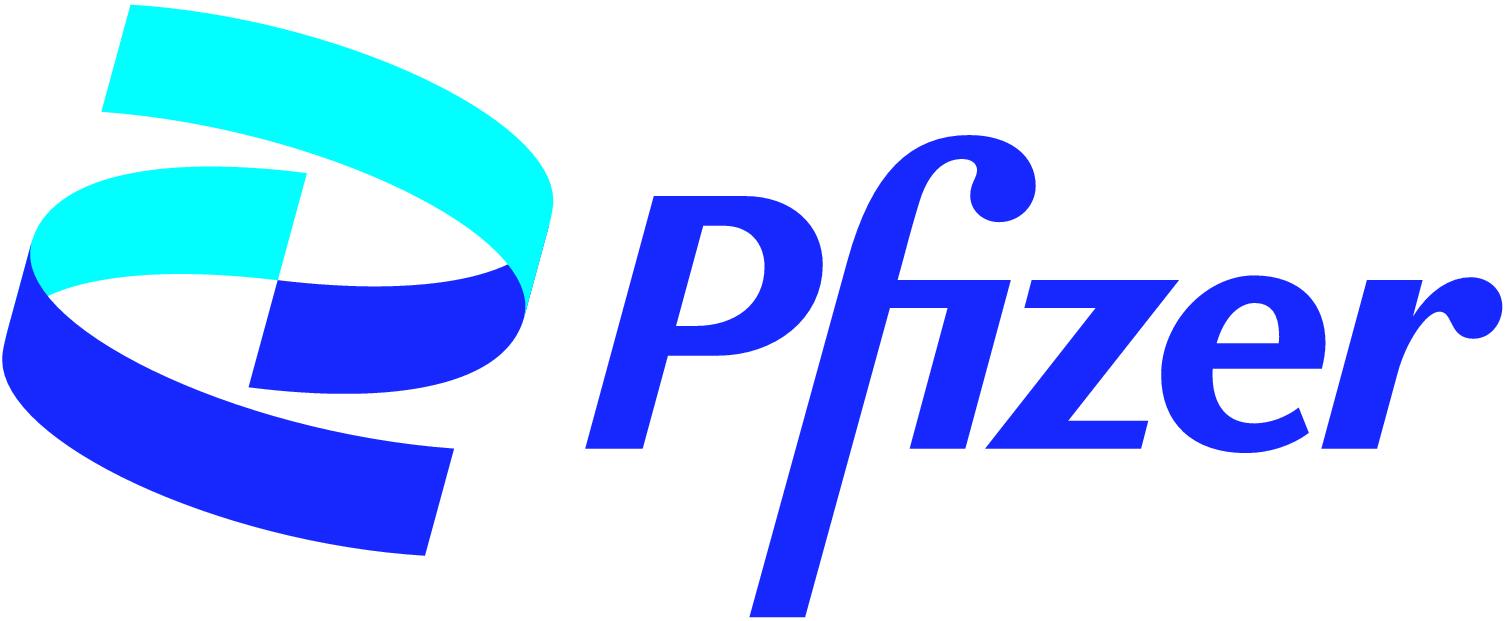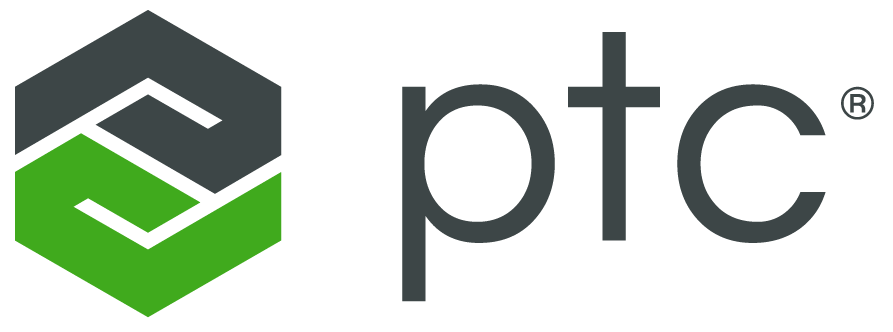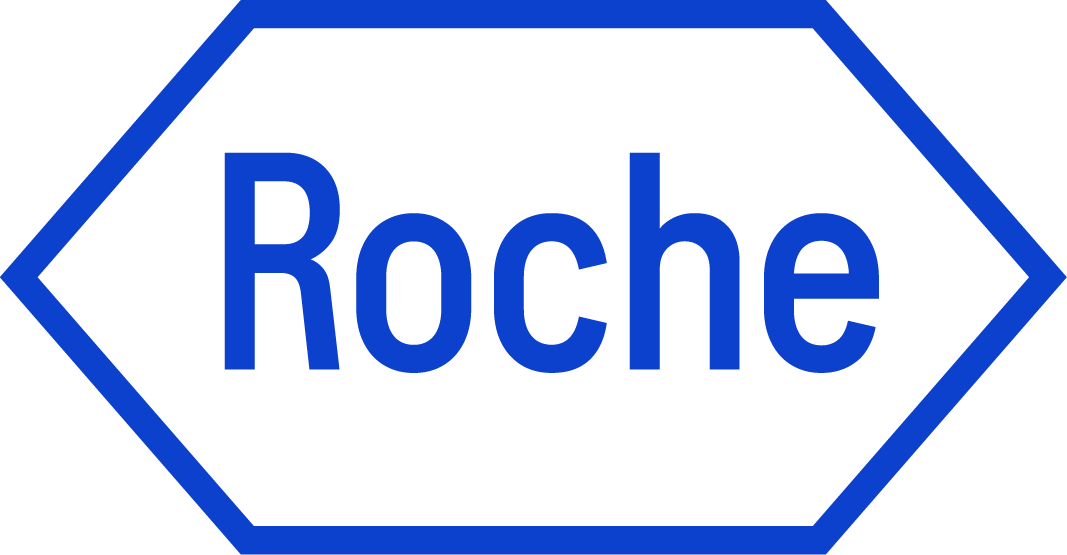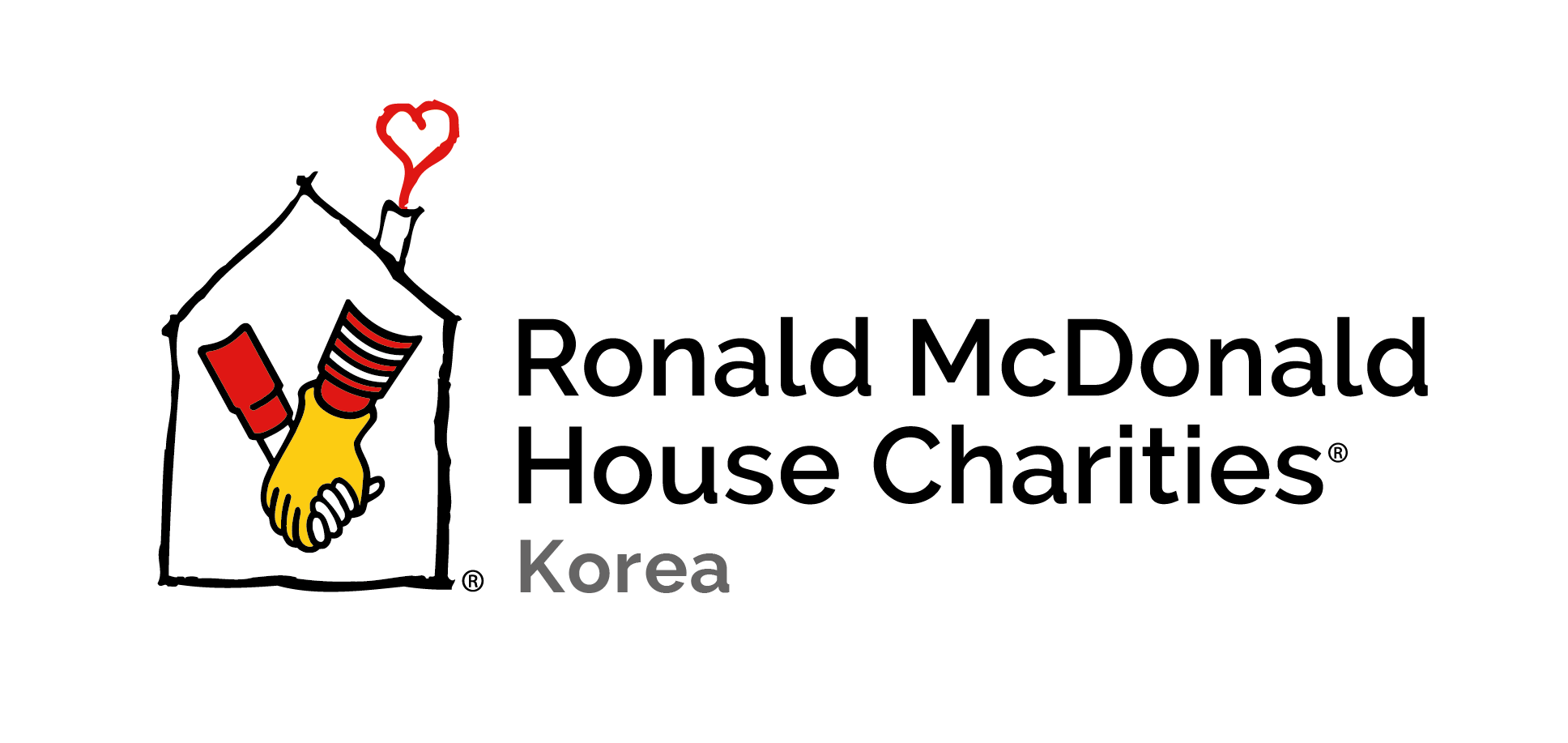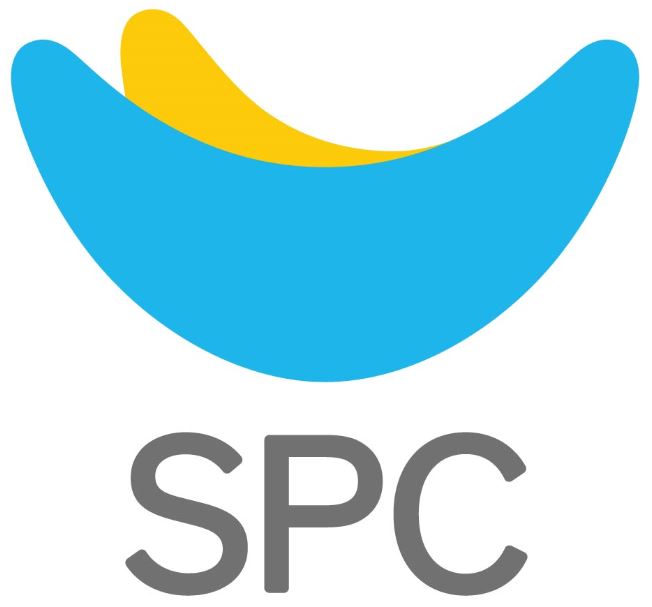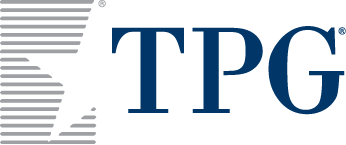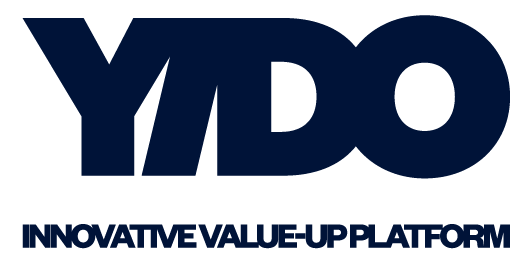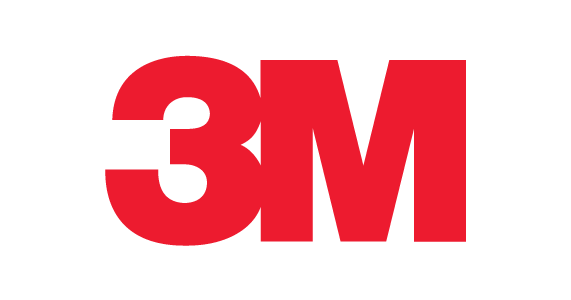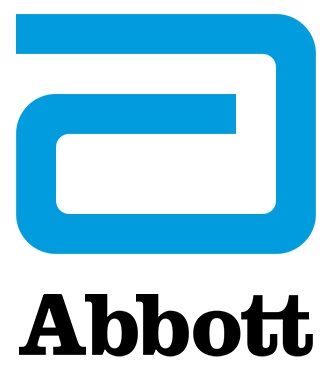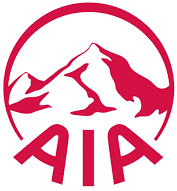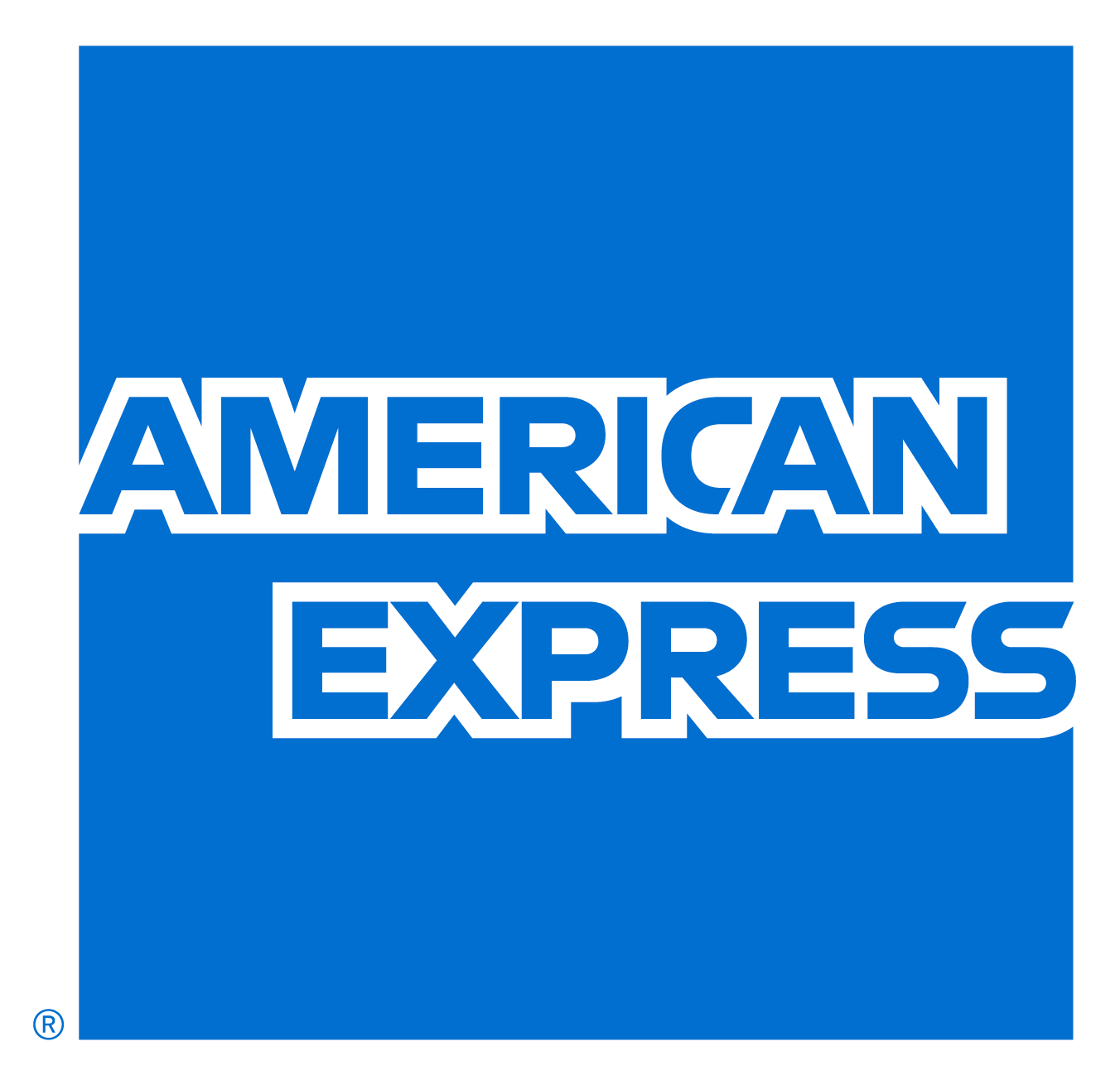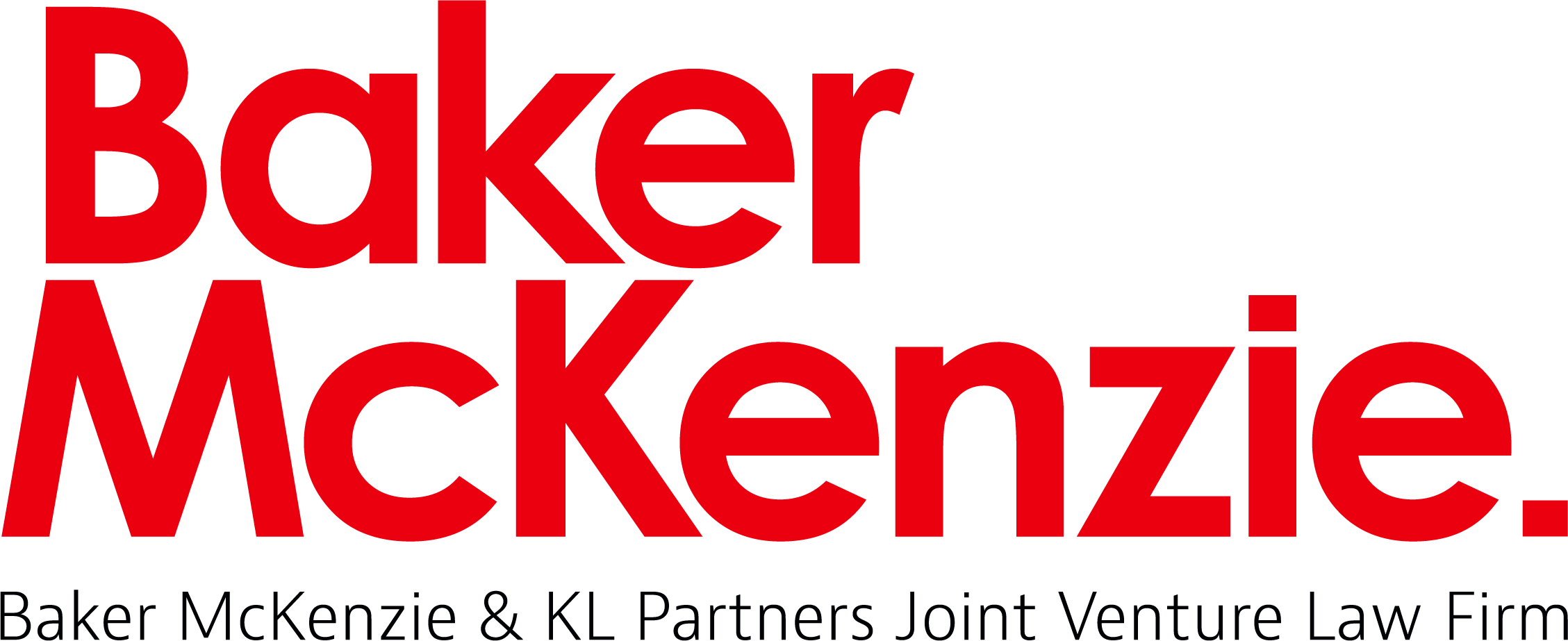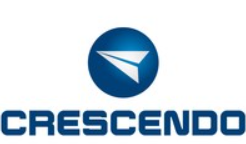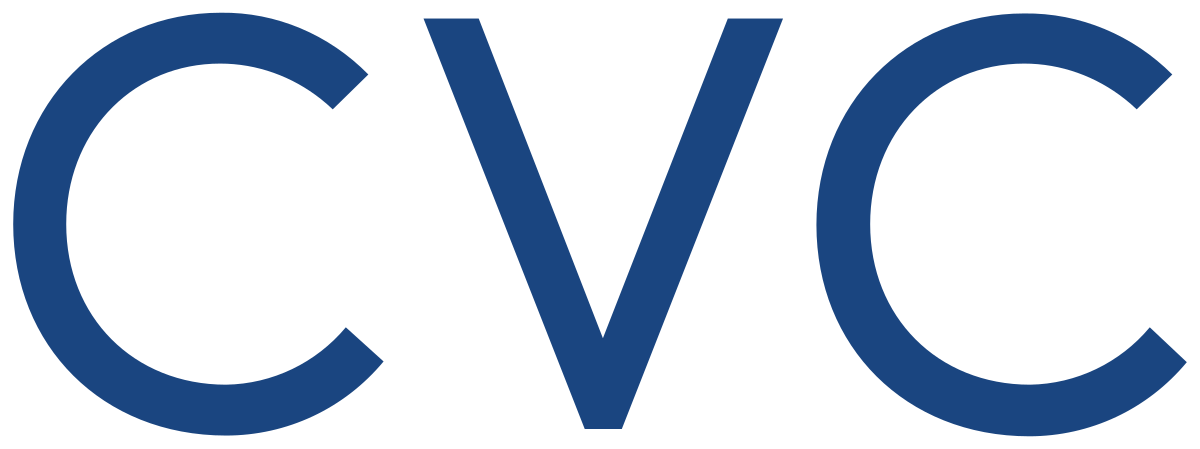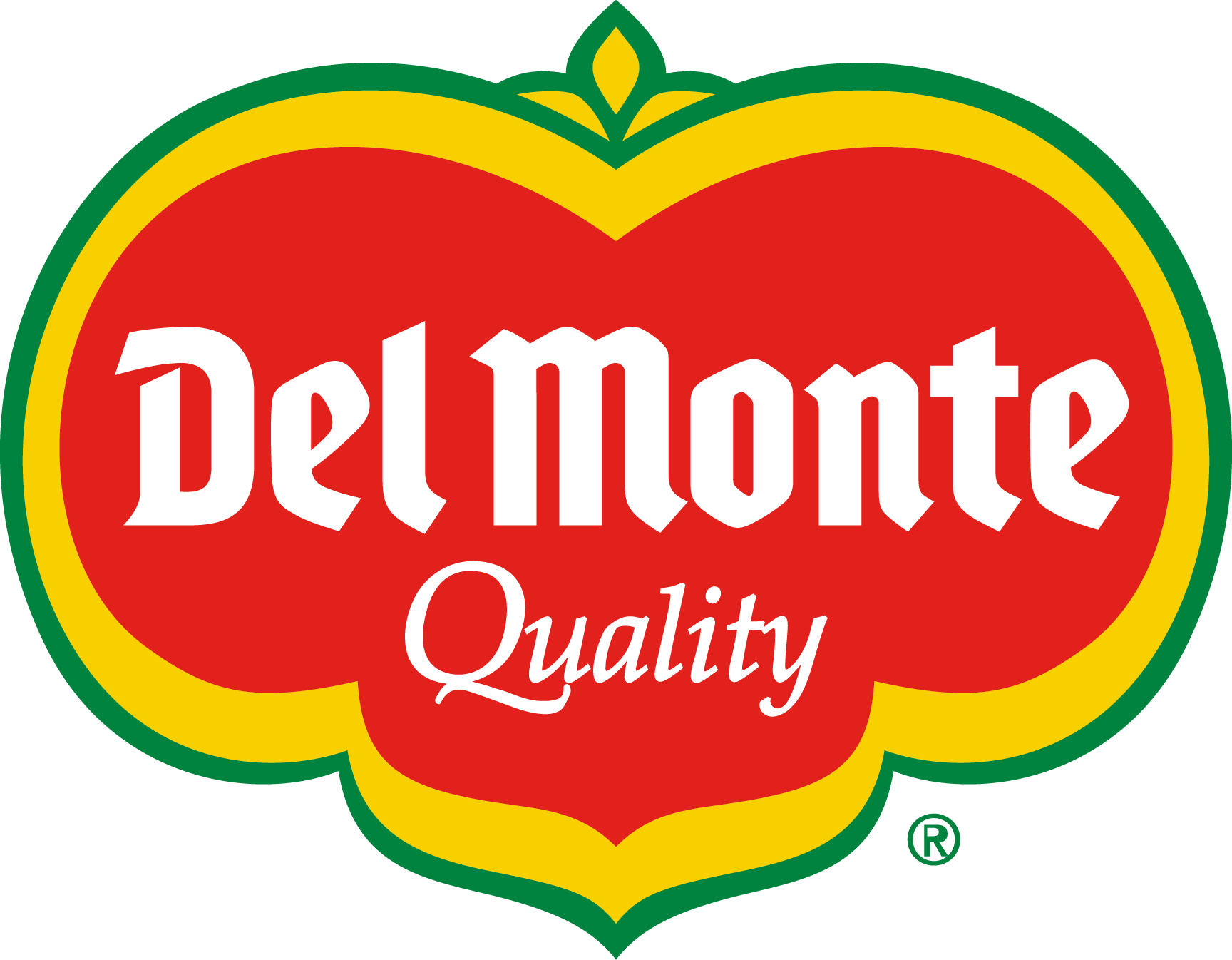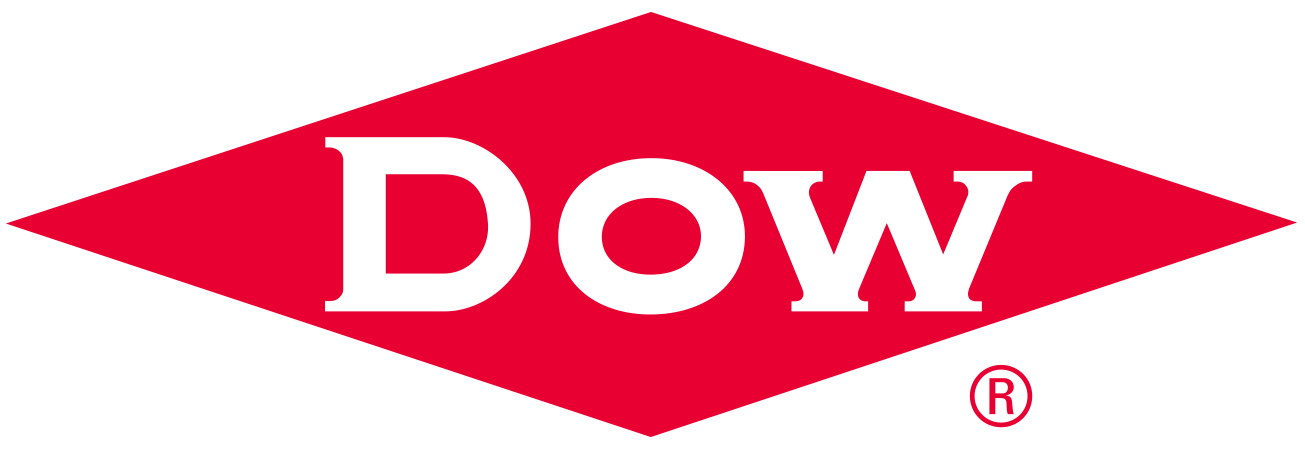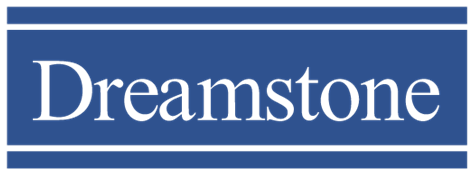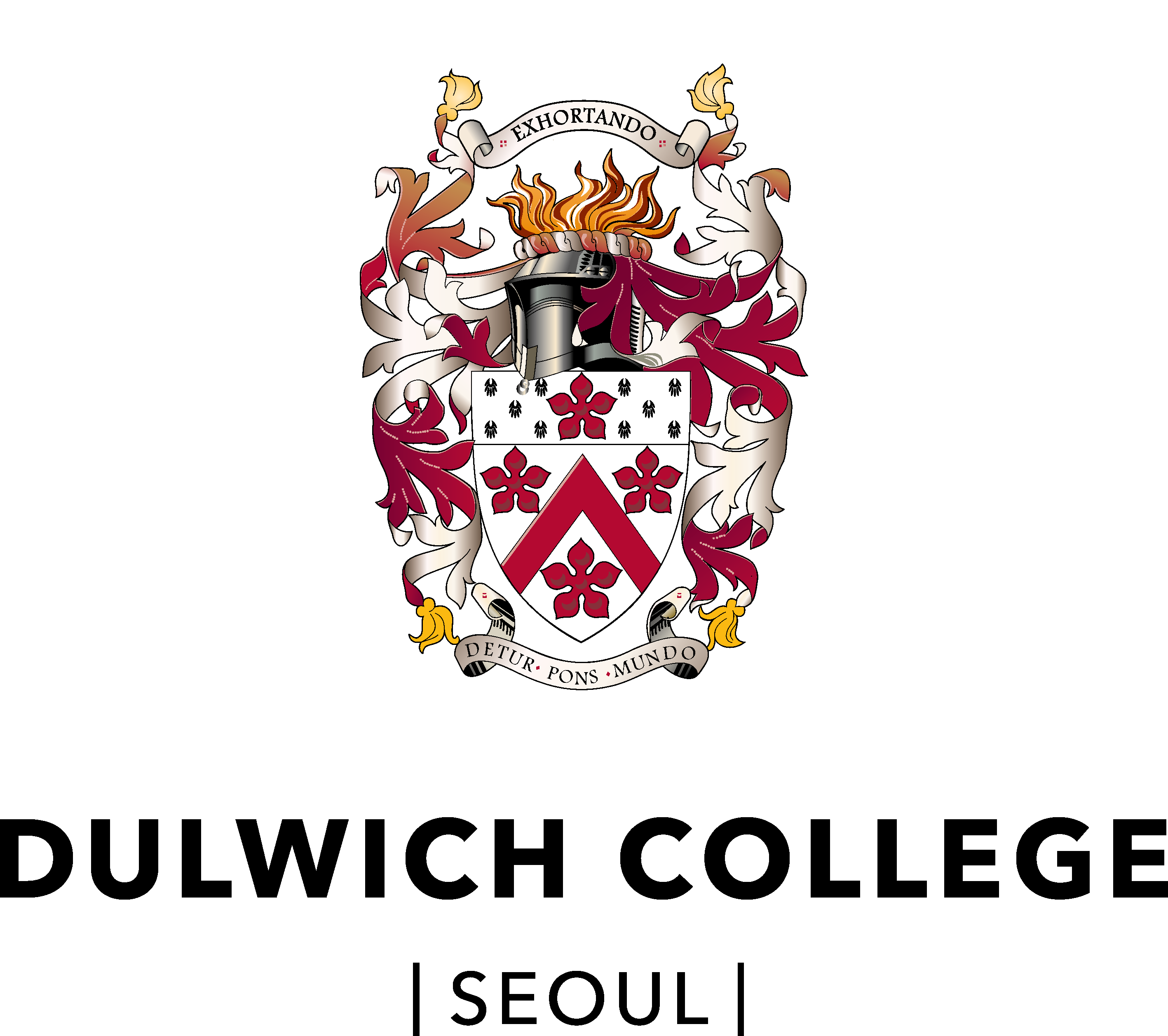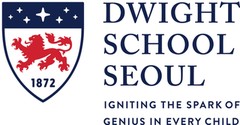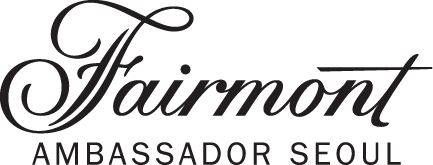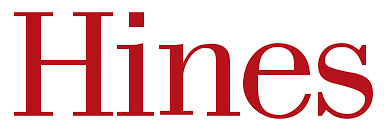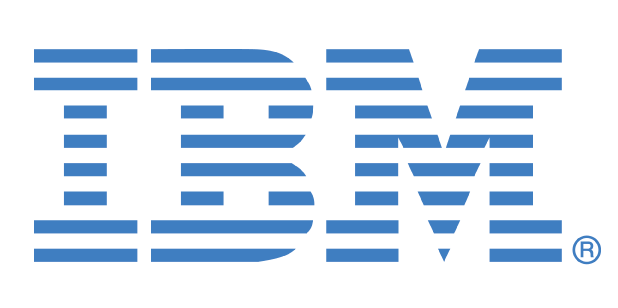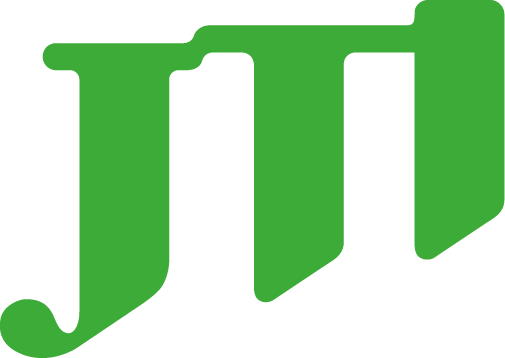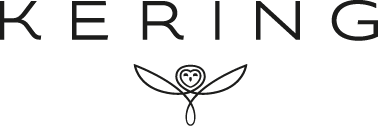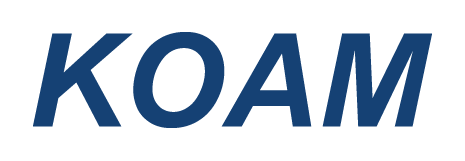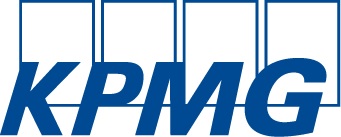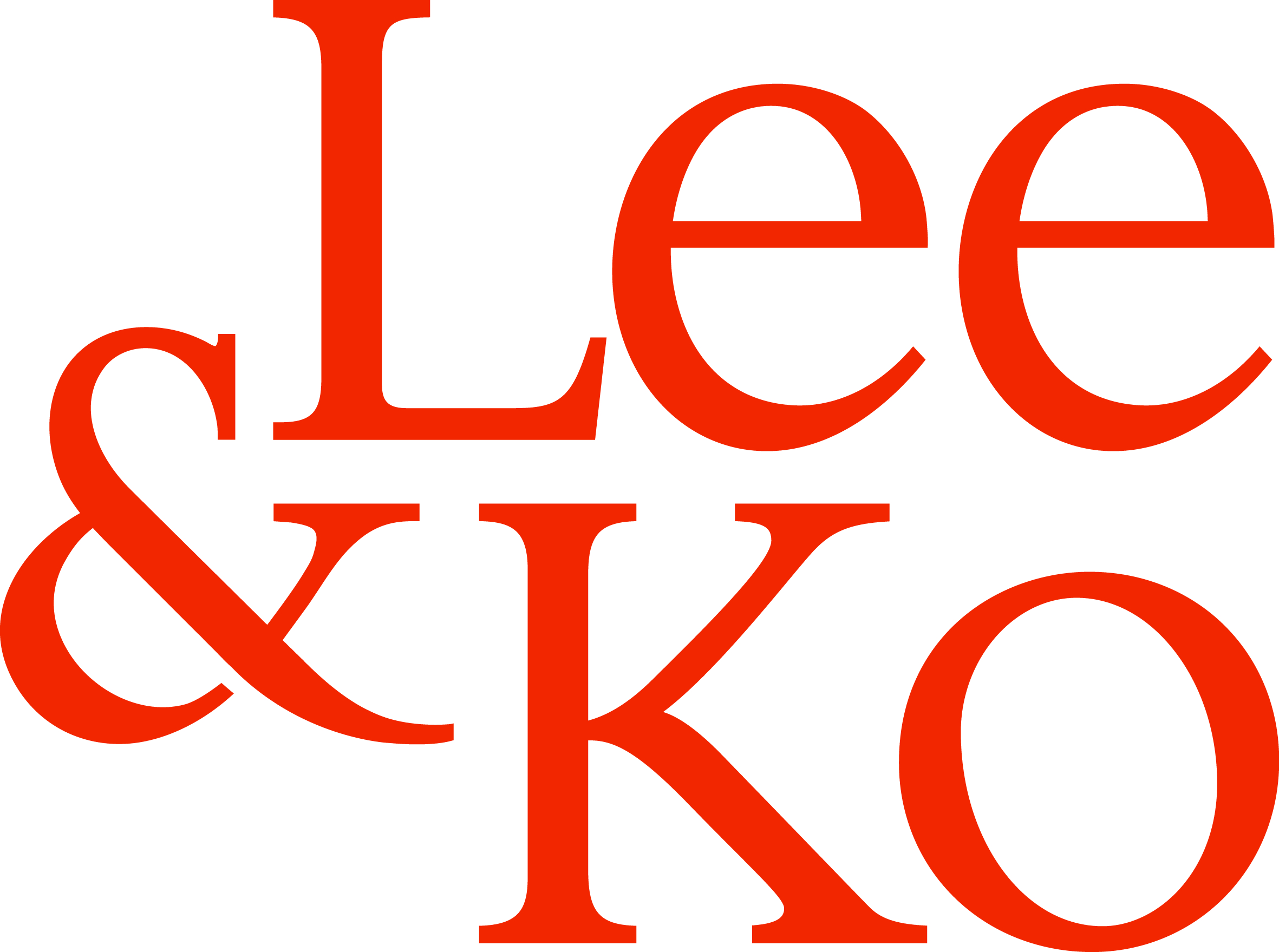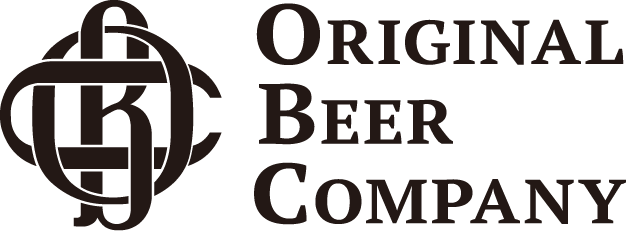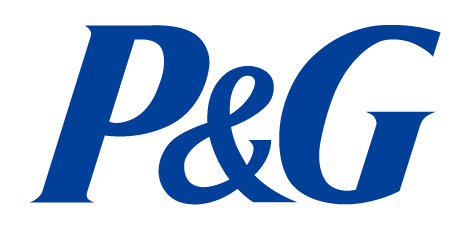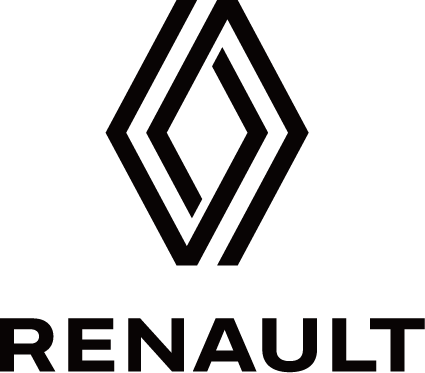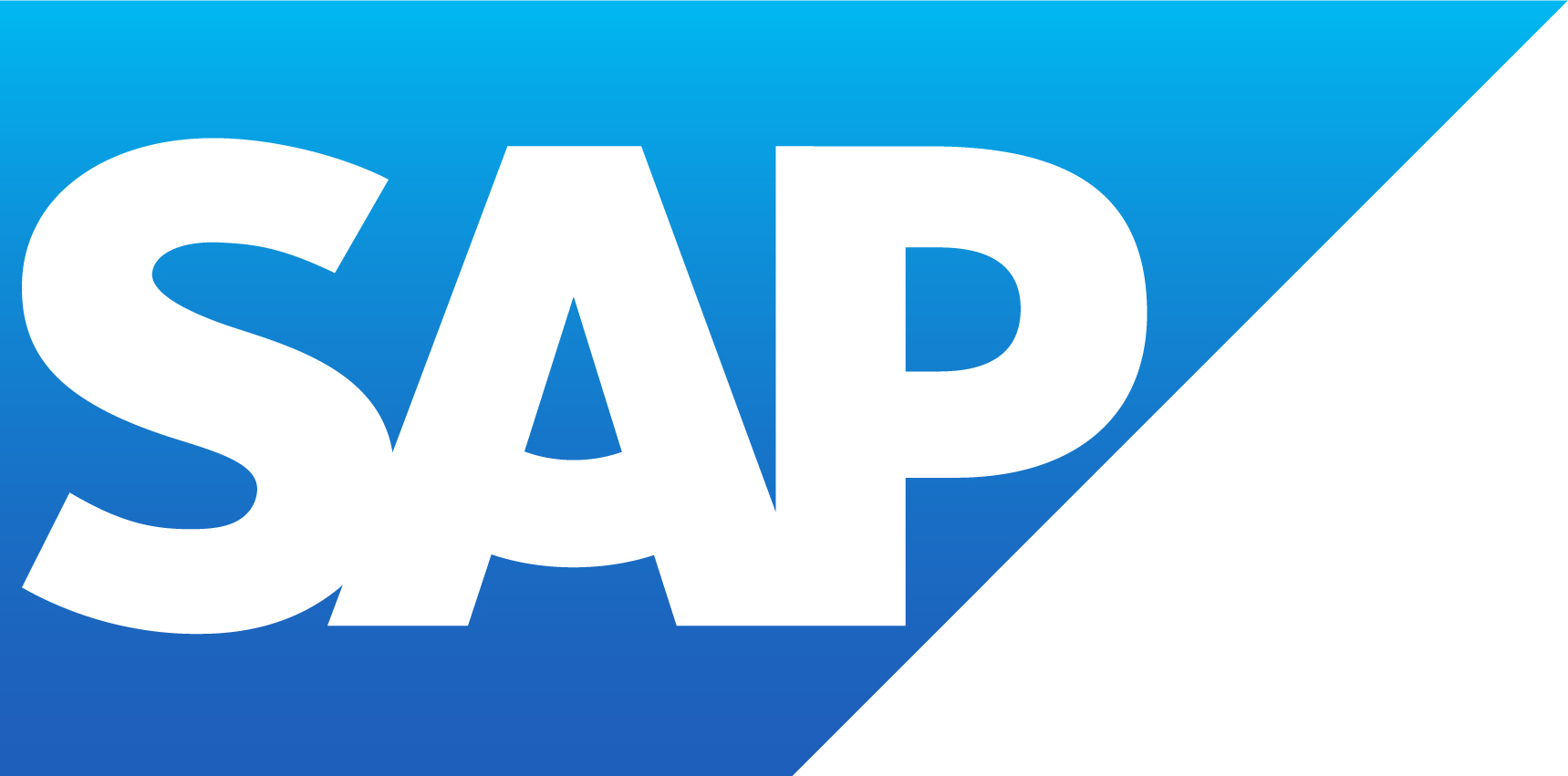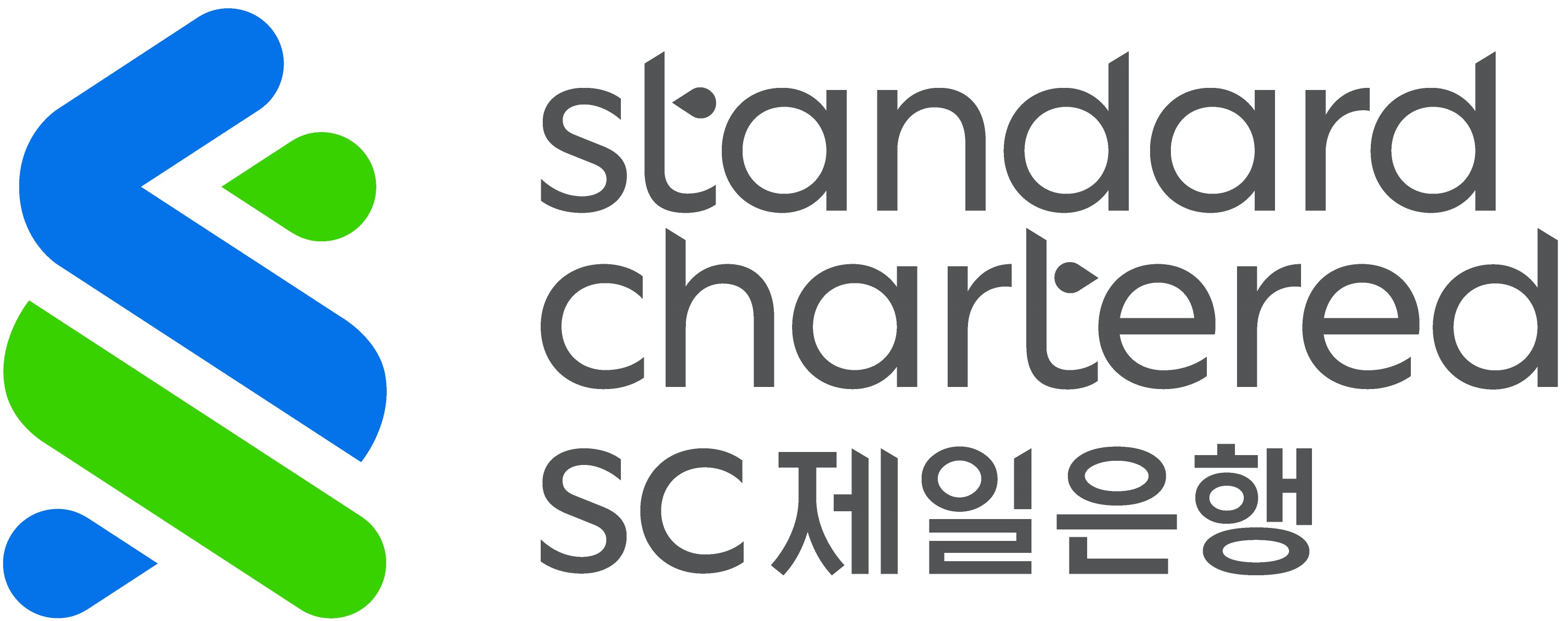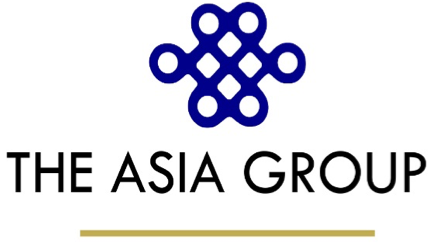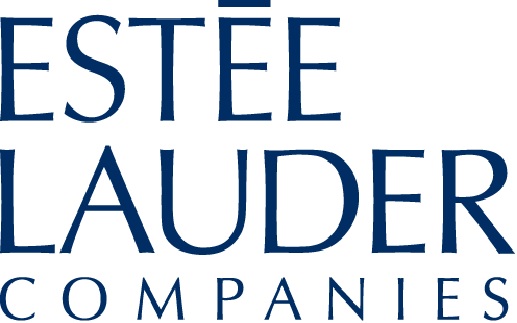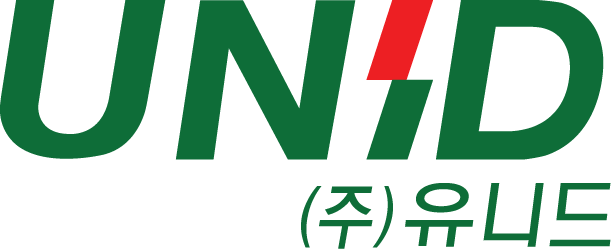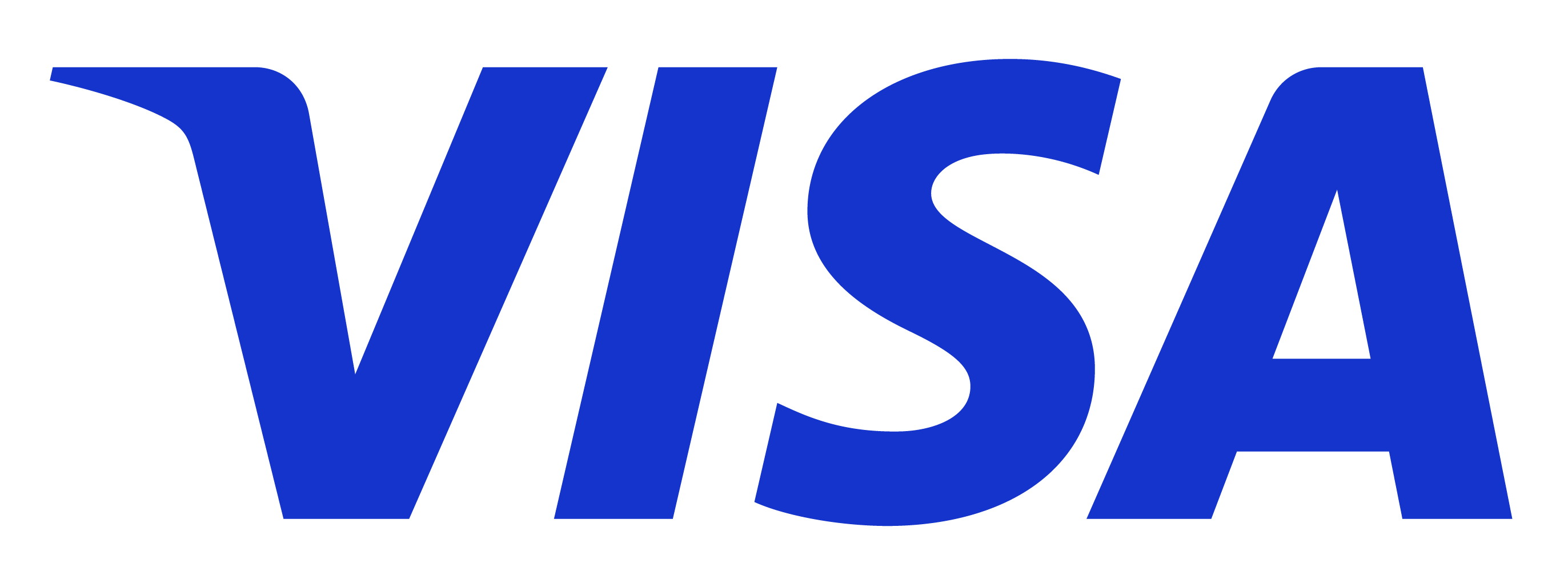Political instability makes Korea less
attractive to US firms: survey
AMCHAM
points to Korea-specific regulations amid Trump tariff threats
By Park
Jae-hyuk, The Korea Times - Political turmoil caused by former President Yoon
Suk Yeol’s declaration of martial law last December and the resulting
impeachment trial was cited as one of the biggest risks to the business
environment for U.S. firms in Korea, prompting more of them to rate the current
environment as “below average” or “bad.”
A recent
survey by the American Chamber of Commerce in Korea (AMCHAM) showed Tuesday
that 25 percent of respondents identified political instability as the greatest
risk to doing business here. In comparison, 6.4 percent pointed to the ongoing
doctors' strike and health care policy.
Those two
concerns were not mentioned in the previous year's survey, unlike other
frequently cited issues such as an unpredictable regulatory environment,
economic slowdown, labor policy and global supply chain disruptions.
The
proportion of respondents who rated Korea’s current business environment as
“below average” surged to 40.6 percent in 2024, up from 22.5 percent the
previous year. Those rating it as “bad” also rose to 4.7 percent from 2.8
percent.
In contrast
to the government’s efforts to separate politics from business, 62.5 percent of
respondents said that recent political developments had a “significant” or
“moderate” impact.
According to
the survey, 57.8 percent of respondents said that government policies and
reforms had a negative impact, a sharp rise from 36.6 percent the previous
year. Additionally, 42.2 percent remained pessimistic about their business
outlook over the next three years.
The survey
results were included in the 2025 AMCHAM Business Environment Insight Report:
APEC Special Edition, published ahead of the APEC summit to be held later this
year in Gyeongju, North Gyeongsang Province. The report highlighted
Korea-specific regulatory barriers.
The chamber
identified approximately 70 unresolved or newly emerged regulatory issues
across 12 categories, including aerospace, automotives, pharmaceuticals,
digital economy, energy, labor and taxation.
“In light of
the recent announcement by the (Donald) Trump administration to impose a 25
percent tariff on South Korea, the report takes on greater urgency,” AMCHAM
stated.
Among the
unresolved concerns were regulations targeting online platforms.
“Given the
potential risk of significant trade friction arising from this regulatory
approach, AMCHAM urges the Korean government to discontinue the legislative
discussions and instead engage in robust consultation with the U.S. government,
Korean consumers, civil society, academia and industry to ensure harmonized
approaches to technology regulation between Korea and the United States,” it
said.
Nevertheless,
AMCHAM emphasized the transformative impact of the Korea-U.S. Free Trade
Agreement, saying that it has helped double bilateral trade since its
inception.
“While
recent developments surrounding reciprocal tariffs have introduced new
challenges to the bilateral trade environment, we remain confident in the
strength and resilience of the U.S.-Korea economic partnership,” AMCHAM
Chairman James Kim said
The report
was released one day before Washington's "reciprocal" tariffs were
set to take effect.
As the
Korean government failed to convince the U.S. to impose lower tariffs on Korean
imports than those from Japan and Europe, Trade Minister Cheong In-kyo departed
for Washington again on Tuesday to meet with U.S. Trade Representative Jamieson
Greer.
“We have to
negotiate on steel and auto tariffs during this U.S. visit as they are both
major export items for Korea,” Cheong told reporters, adding that he would also
seek clarity on Washington’s tariff plans for semiconductors and other goods.
Source:https://www.koreatimes.co.kr/business/companies/20250408/political-instability-makes-south-korea-less-attractive-to-us-firms




